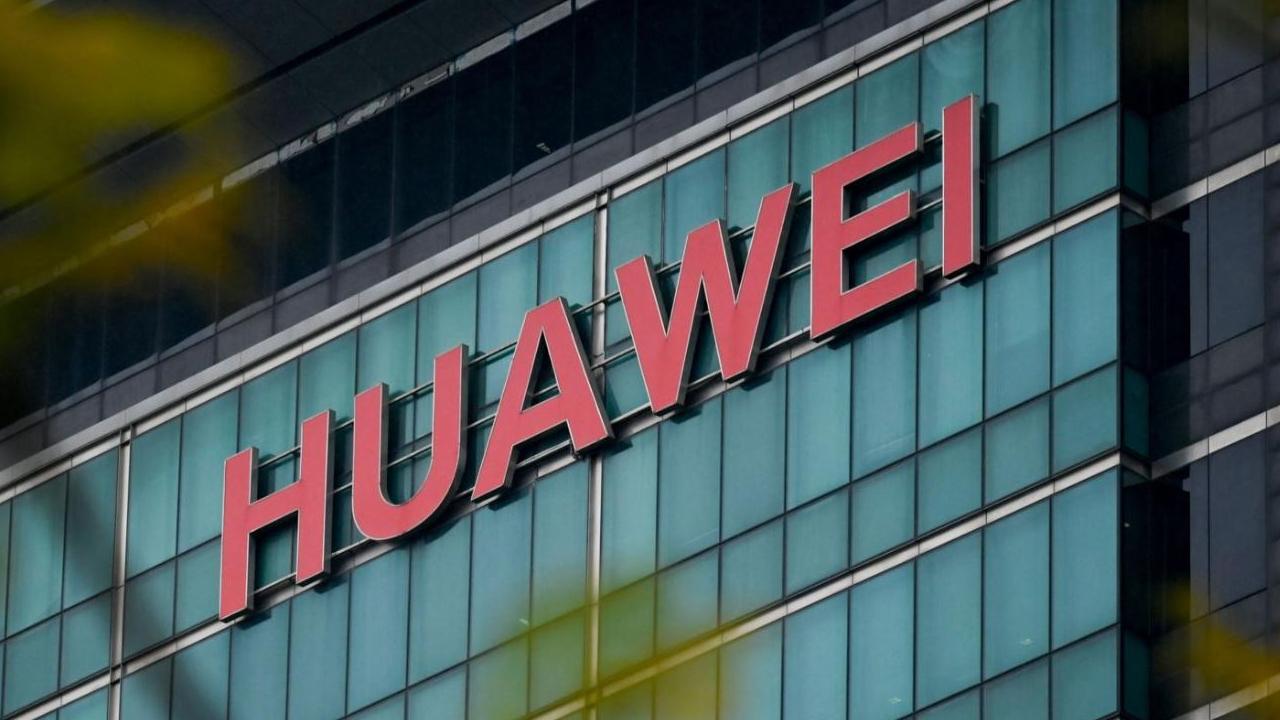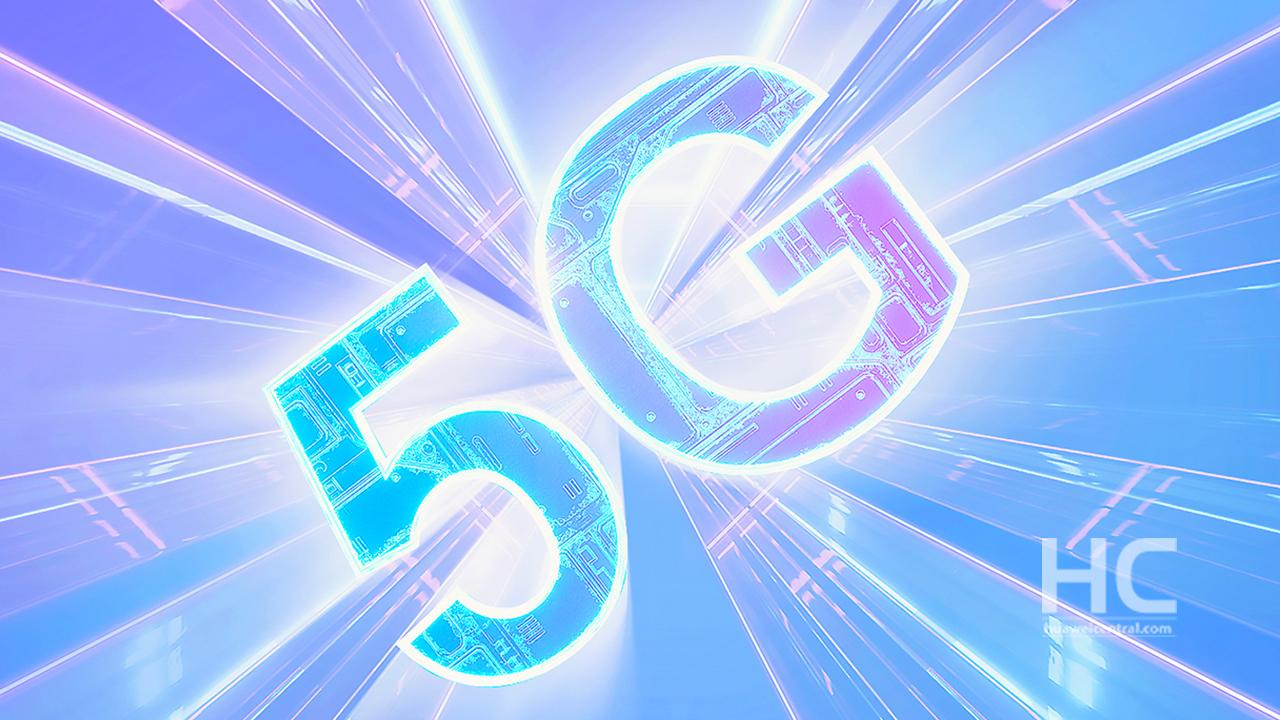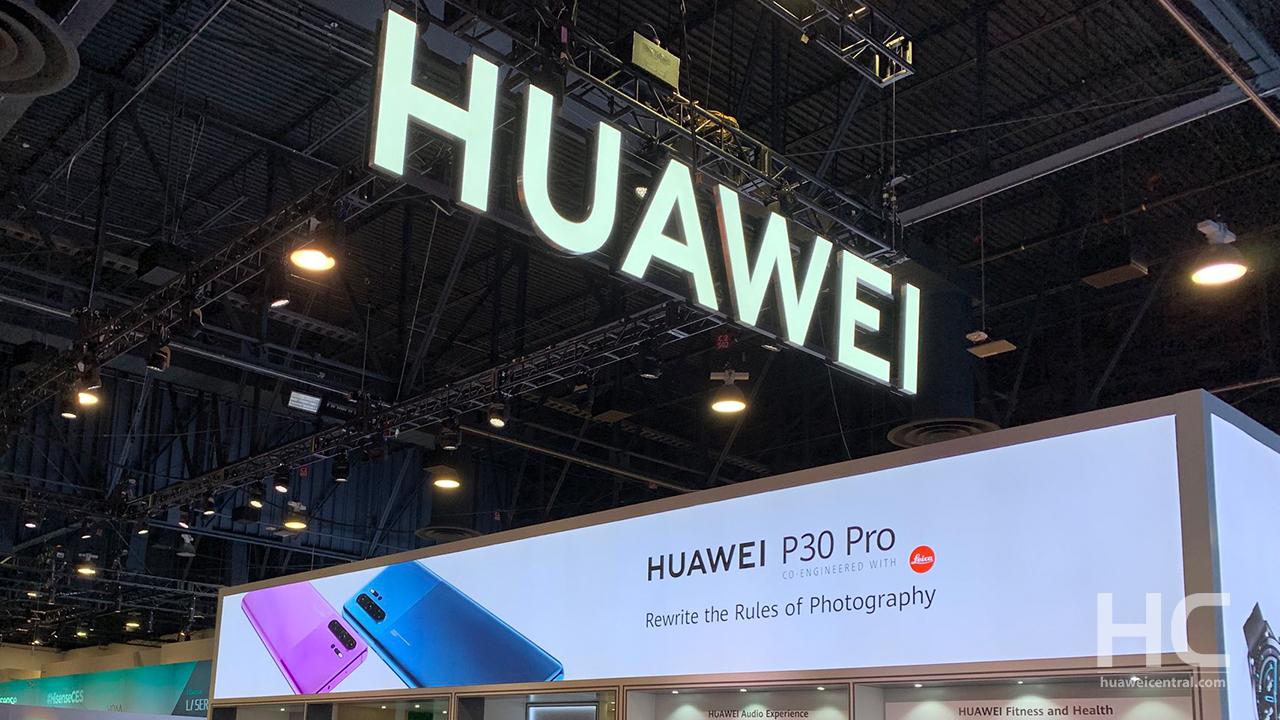News
Ignored U.S.: Asian, African, Latin American and other countries made deals with Huawei for required services

In the past two years, U.S. has done everything to suppress Huawei‘s business in different industries including telecom and other important consumer businesses such as smartphones.
The impact of the sanctions applied on Huawei is real but it can’t be denied that Huawei is a tech giant and these sanctions not only hurt Huawei but also its partners, which made a huge profit by doing business with the Chinese company.
In this witch hunt, Huawei has been targeted several times in terms of claims that the company is in partnership with the Chinese government and army and works to steal data from the consumers. Therefore, it should be treated as a threat to national security.
The U.S. government has urged all of its ally countries to not use Huawei-made network equipment and do not let it slide into their 5G auctions.
The result of this entire campaign comes in the form that some countries denied access to Huawei to build 5G and others have openly welcomed its tech capabilities.
In the latest edition of this entire discussion, a study done by Washington-based think-tank CSIS seen by the FT revealed that Asian, African, and Latin American countries have purchased Huawei’s tech despite the U.S. ban campaigns.
The study further says that there are 70 deals in 41 countries that have been made between Huawei and governments or state-owned enterprises for cloud infrastructure and e-government services from 2006 to April this year.
The cloud infrastructure usually refers to the installation of data centers, while e-government mainly involves automating administrative features such as licensing, healthcare, legal records, and other government processes.
Most of the countries involved in such deals with Huawei were in sub-Saharan Africa, Asia, and Latin America, and 77 percent of them fell into the categories of “not free” or “partly free”, as rated by Freedom House, a US government-funded democracy watchdog group.
However, the study kept blaming Huawei and shows it as a threat to those clients that used Huawei’s solutions. Saying that these use of Huawei service could provide immense control of the Chinese government over the countries that used the Chinese telecom maker’s devices.
“As Huawei carves out a niche as a provider to governments and state-owned enterprises, it is building a strategic position that could provide Chinese authorities with valuable intelligence and even coercive leverage,” added the study.
“With a surge in deals announced since 2018, including several announcements during 2020, it is clear that warnings against Huawei’s security risks are not persuading decision-makers in developing countries,” the CSIS report, authored by Jonathan Hillman and Maesea McCalpin, said.
On the other hand, Huawei has clearly denied such attempts to misinterpret its image in the industry saying.
“As a cloud infrastructure and service provider, Huawei doesn’t own or control any customer data,” said Huawei.
“All customer data is owned and fully controlled by our customers. Cybersecurity and user privacy protection remain Huawei’s top priorities,” the company added.









